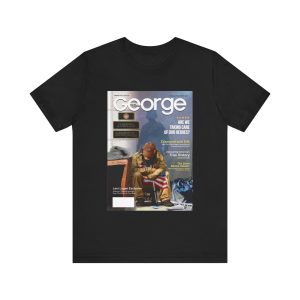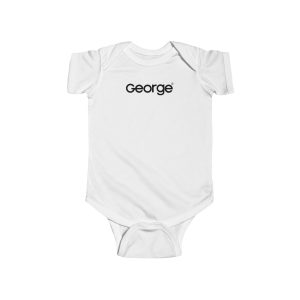

Early on Tuesday, seven executives at the manufacturer Eagle Creek held another emergency meeting about the latest developments in President Trump’s unpredictable trade war.
A day earlier, Mr. Trump had revealed a flurry of new tariffs against trading partners, including Indonesia, where the bulk of Eagle Creek’s luggage, packing cubes and duffel bags are made. The levies, set to go into effect on Aug. 1, meant that imports from Indonesia would be subject to a tariff of 32 percent, an extra cost that would pose a significant challenge for the rugged, 50-year-old company.
Eagle Creek’s leadership team discussed a range of topics at the meeting, among them its pricing strategy, given the new rates, for the upcoming fall and spring seasons.
But there was an even more pressing matter at hand. Three shipping containers with about $240,000 worth of the manufacturer’s goods were set to arrive at the Port of Los Angeles on July 30, just before the new tariffs are expected to kick in. A delay of even a few days could result in additional fees of at least $52,000 — and up to $75,000 if Mr. Trump followed through on imposing an additional tariff of 10 percent on countries aligned with the policies of BRICS nations, a group that includes Indonesia.
Although it wasn’t clear whether the on-again, off-again tariffs that Mr. Trump had just unveiled would hold, or whether he was bluffing, executives at Eagle Creek realized the company needed to have enough cash on hand to pay the tariff bill.
“All this scenario planning is like a hidden tax on business,” said Travis Campbell, owner and chief executive of Eagle Creek, which is based in Steamboat Springs, Colo.


![Enjoy the [Road] Show Travel Mug with Handle, 14ozEnjoy the [Road] Show Travel Mug with Handle, 14oz](https://georgemagazine.com/wp-content/uploads/2024/08/479070202831754764_2048-300x300.jpeg)
